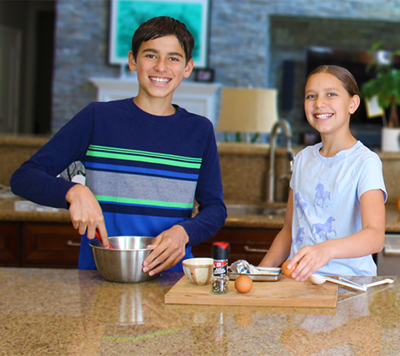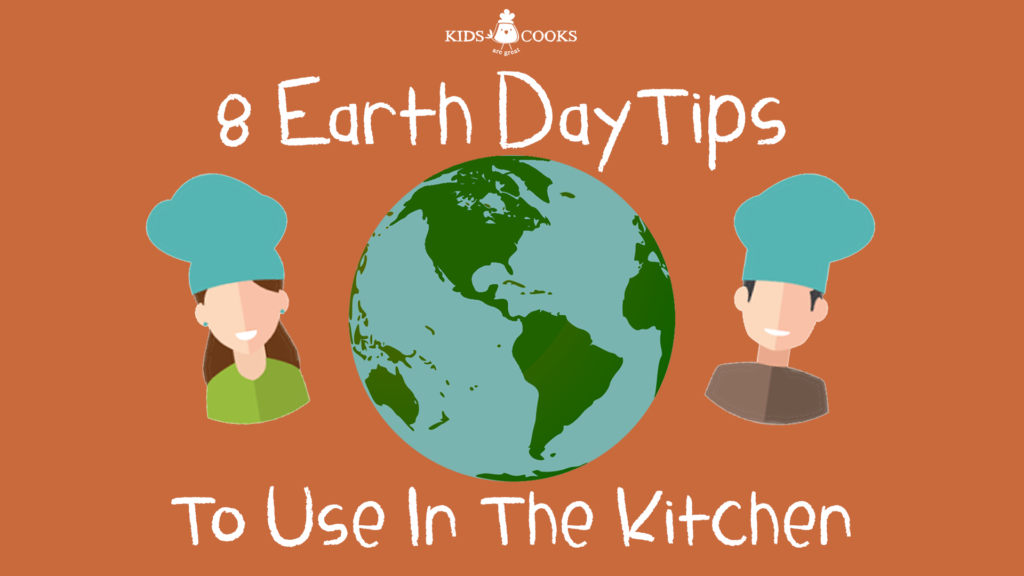
What is Earth Day?
On April 22nd every year, people all over the world celebrate Earth Day!
The holiday began on April 22nd, 1970, which is marked as the beginning of the environmental movement, (learn more about the history of Earth Day here.) In short, Earth Day helped inspire people all over America to speak out against environmental issues such as oil spills, and general air and water pollution. Today, over 1 billion people across 190 countries celebrate and take part in Earth Day activities and to help bring awareness.
While activism is a great way to get involved on Earth Day, there are things we can all do every day to be kinder to the planet. Even when cooking and creating delicious masterpieces in the kitchen, there are steps you can take to help reduce your carbon footprint and make the world better for everyone. Below are 8 ways to be more eco-friendly in the kitchen!
1. Reusable Storage Containers
When storing leftovers or prepared food, using glass or reusable plastic containers over plastic zip-top bags is a great way to eliminate plastic waste! If you can get a hold of glass containers, even better – they last longer than the plastic ones and do not absorb smells as plastic ones can sometimes do.
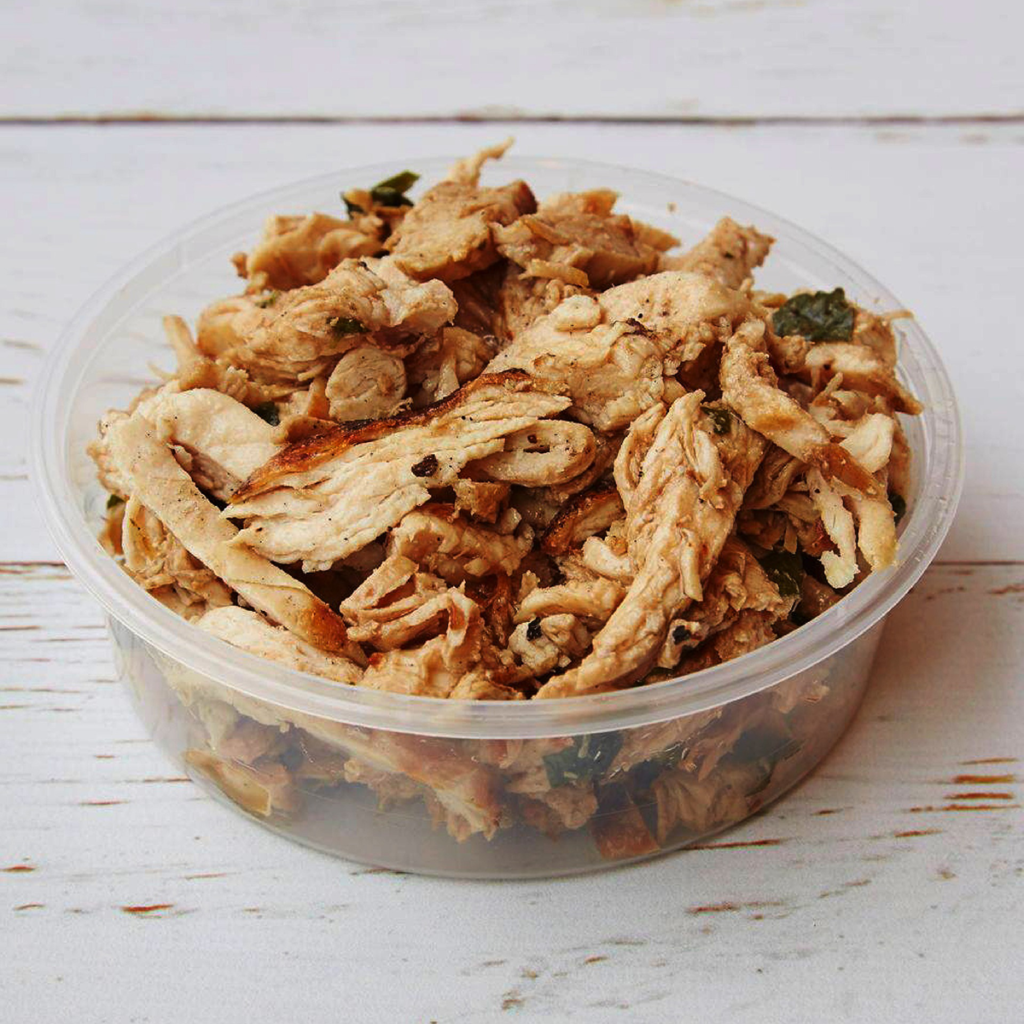
2. Refillable Water Bottles
While plastic water bottles can be recycled and reprocessed into other materials, they still cause a huge littering problem when not recycled correctly. About 80% of plastic bottles end up in landfills and take up to 1000 years to decompose. Try using a reusable water bottle instead and fill it up from a filtered water source! You can purchase a variety of different filters to fit your family’s preferences.
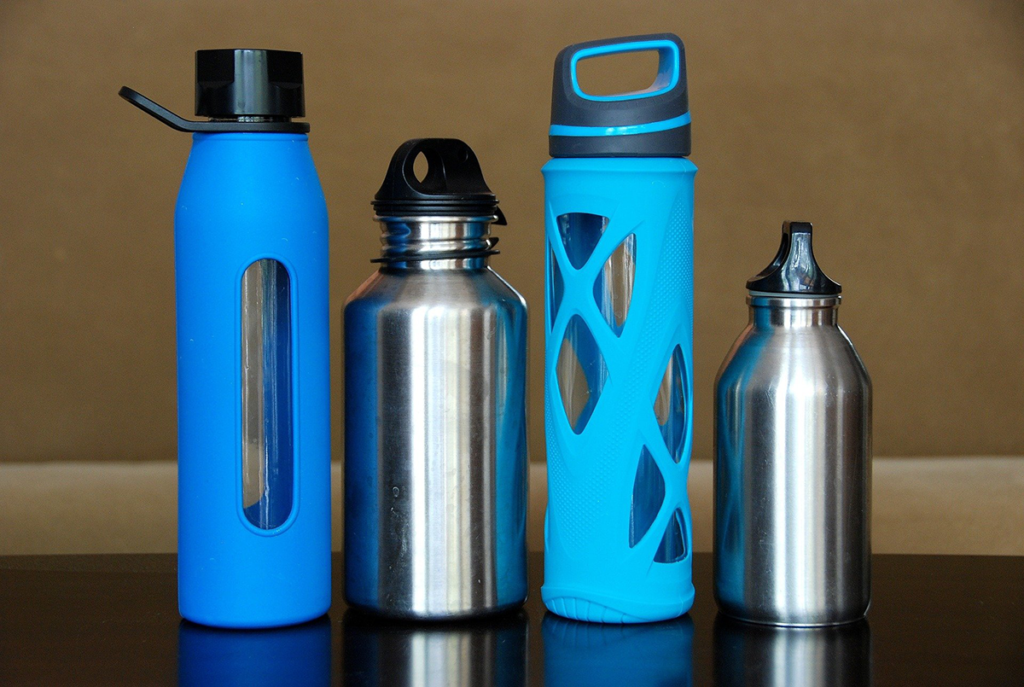
3. Recycling Cans
If your family drinks beverages that come from aluminum cans, such as sodas, juices, or sparkling water, make sure these don’t end up in the trash! Aluminum cans are recyclable, so make sure to put them in the appropriate receptacles. Depending on where you live, you can also take your cans to a recycling center where you can be paid for your cans! If you live in the United States, click here to see if your state participates in beverage can recycling!
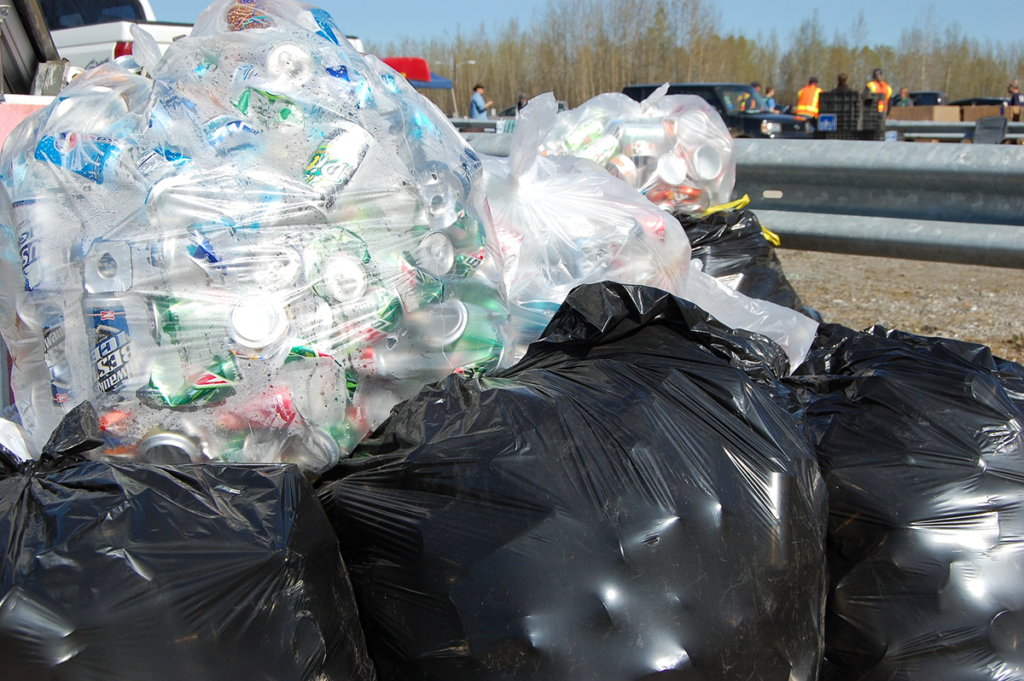
4. Being Mindful of Water Usage
Water is a precious resource that is vital to so many different things. Making sure the tap is fully closed when not in use and washing dishing efficiently is a great way to do this in the kitchen. If you have a dishwasher; that is a great way to save water as well.
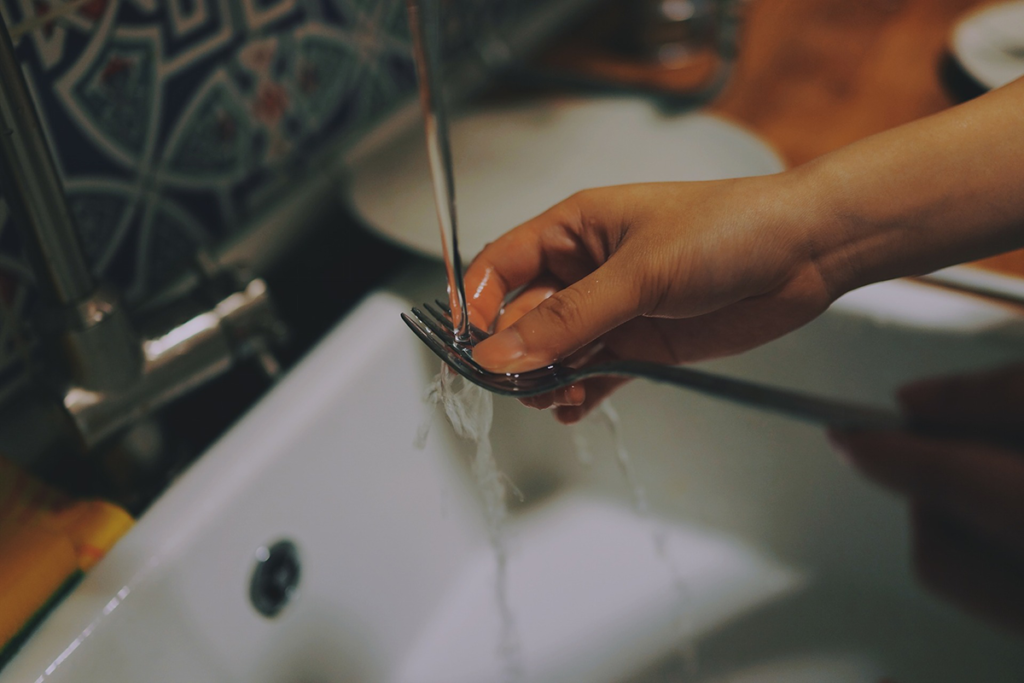
According to the Natural Resources Defense Council, a dishwasher can use as little as 3 gallons of water per load (versus the 27 gallons that hand washing uses on average.)
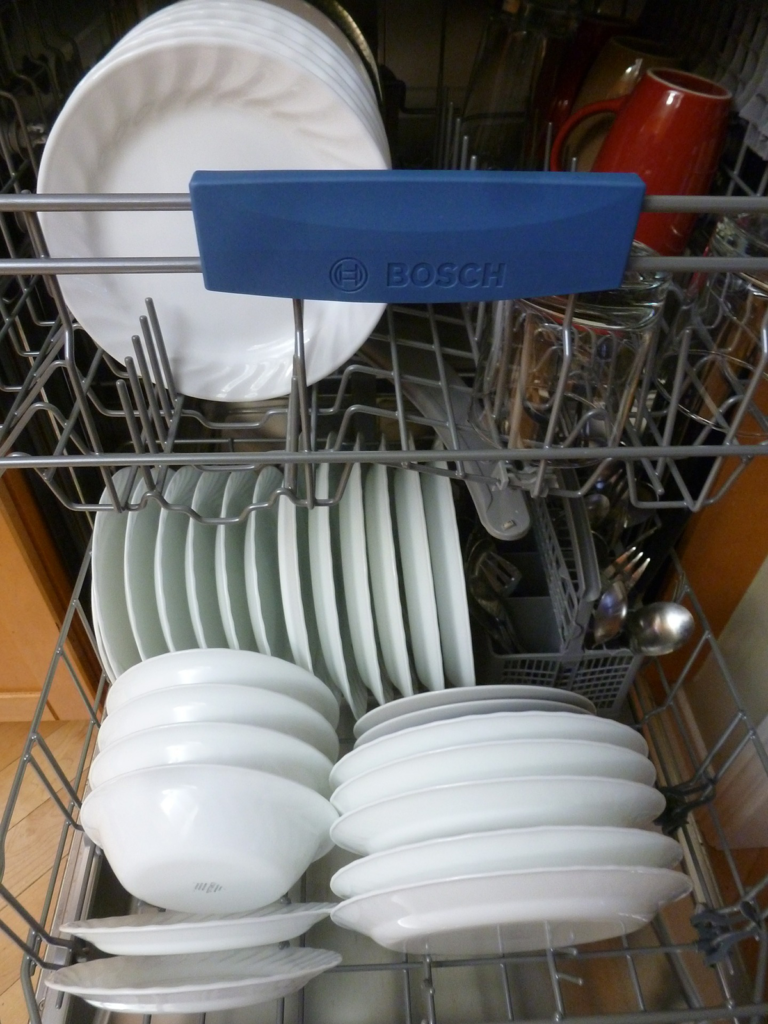
5. Reusable Grocery Bags
Using a reusable grocery bag in lieu of the plastic bags from the grocery clerk will help you consume less plastic when you purchase food!

If you do have to use plastic bags to purchase produce, reuse the bags around your home as a trash can liner to give them another purpose.
6. Addressing Food Waste
In the United States, roughly 30-40% of food is wasted. There are a few different ways that this can be addressed – through composting and freezing food! For food scraps, use a green and brown matter system to compost your scraps (you can read more about composting in our article, “How Do I Make A Compost Bin?”)
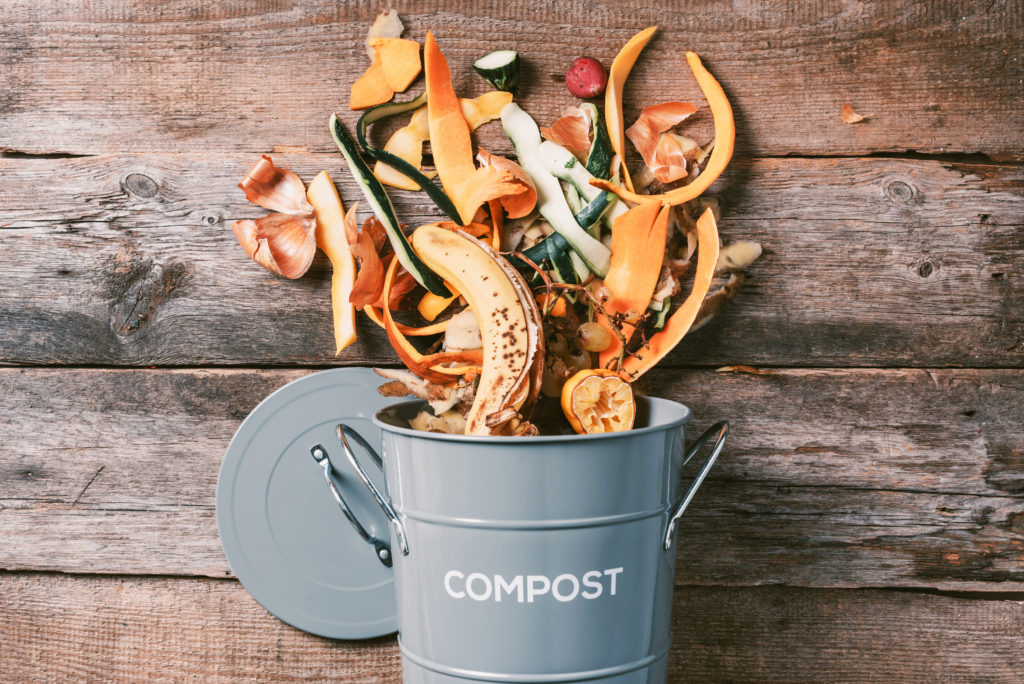
If you have leftover food that is still fresh and healthy to eat, you can freeze it instead of throwing it away! Frozen leftovers can be great in a pinch for a quick meal in the future.
7. Make Your Own Kitchen Cleaner
A clean kitchen is an essential part of preparing healthy food and keeping your family safe. However, sometimes the cleaners that we use on a day-to-day basis are loaded with chemicals that are not safe for our environment. Household ingredients like baking soda, vinegar, and lemon juice can make great cleaners!
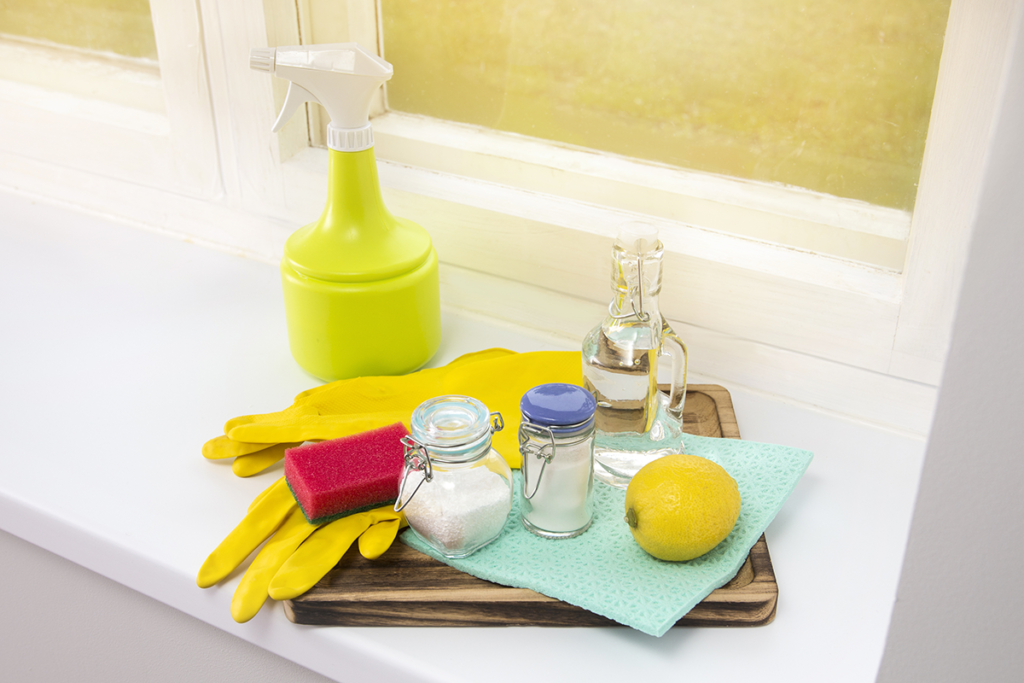
8. Turning off appliances and lights when not in use
Energy conservation is an important part of taking care of our planet. After using appliances, turn them off and remove them from power, while making sure your kitchen lights (and lights all over your home) are off when not in use.
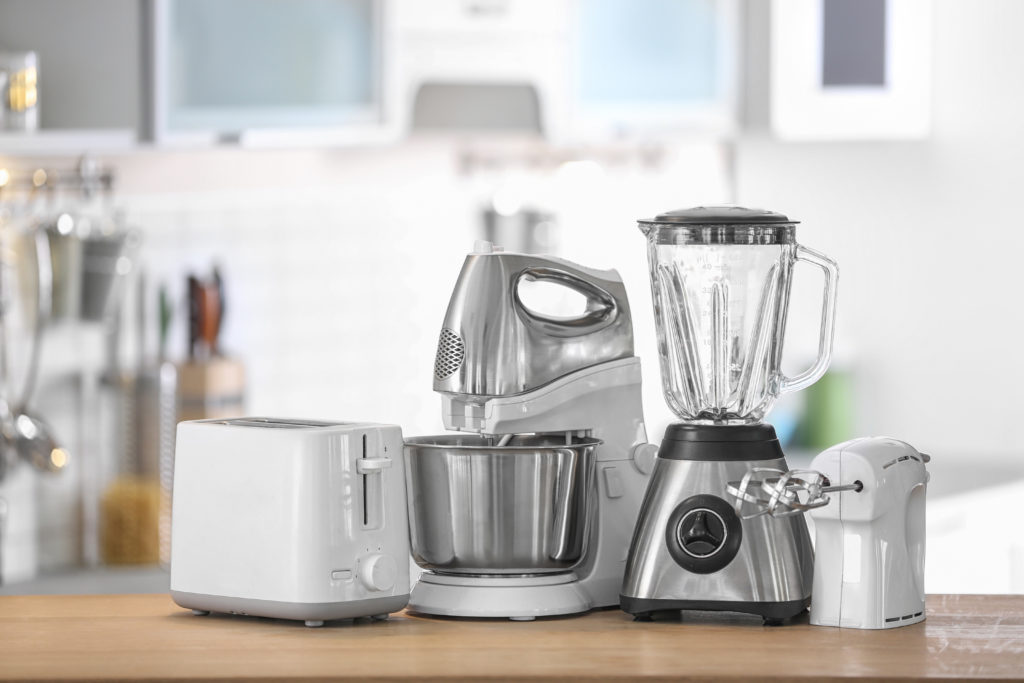
Help us make everyday Earth Day! 🙂
Have a tip you’d like to share for ways to be more environmentally conscious? Leave us a comment!


